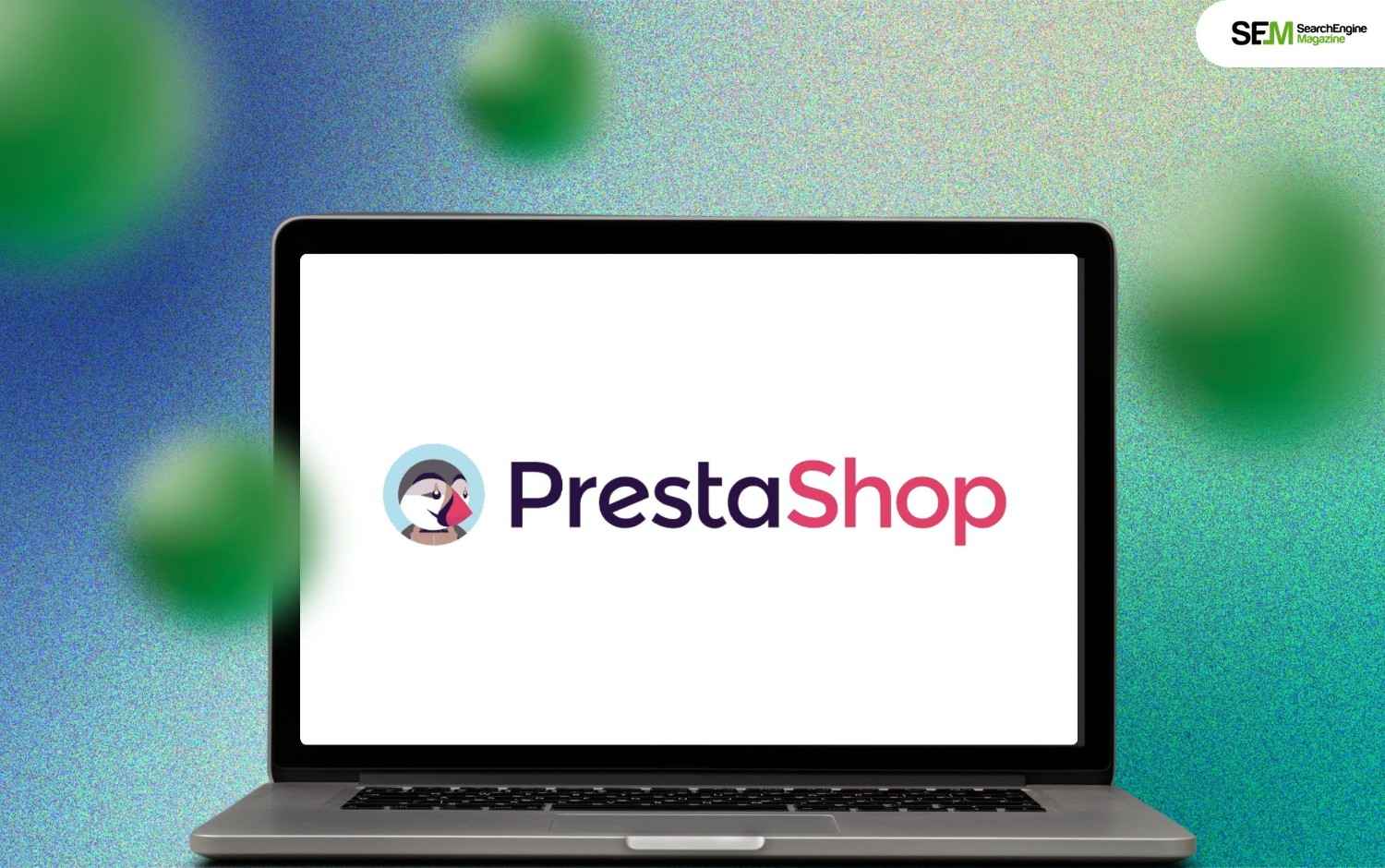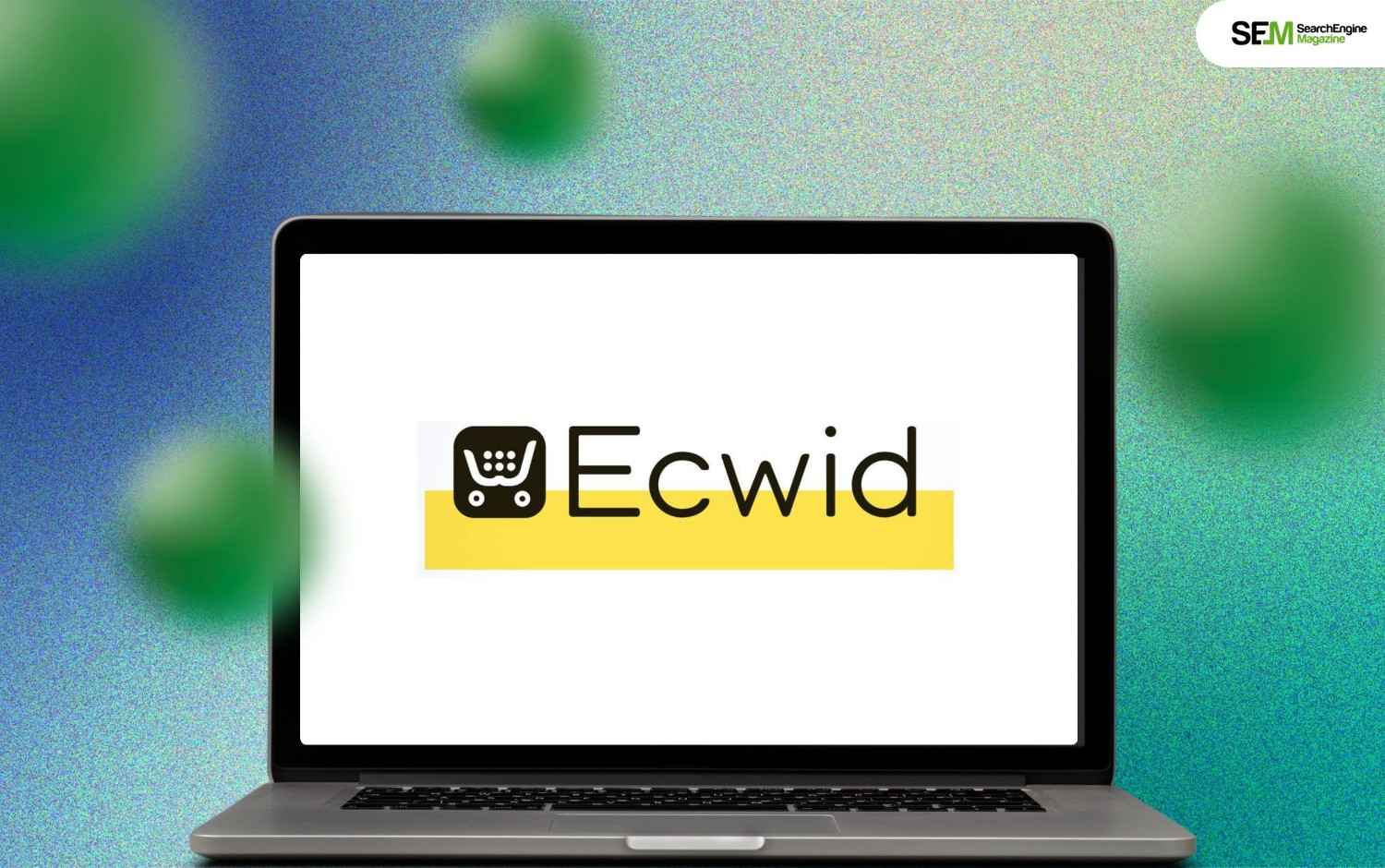The Power Of Internal Linking For Restaurant SEO
Feb 28, 2026

Feb 28, 2026

Feb 27, 2026

Feb 27, 2026

Feb 26, 2026

Feb 26, 2026

Feb 25, 2026

Feb 25, 2026

Feb 24, 2026
Sorry, but nothing matched your search "". Please try again with some different keywords.


There’s no doubt that Shopify is an excellent eCommerce platform. However, there are several good Shopify alternatives that definitely deserve your attention. For example, WooCommerce is really good too – some people even say it is the best! Why? It is completely customizable, open-source, entirely scalable, and offers autonomy of migration.
Moreover, once your eCommerce store begins to grow, your demands will start growing as well. Also, the platform you select can adjust accordingly.
And I’m here to help. This article will list the best Shopify alternatives, such as WooCommerce, BigCommerce, Magento, and more. That way, you will know which eCommerce platform to choose. Stay tuned!
There’s no doubt that eCommerce is the foundation over which the modern business landscape rests, with platforms such as Shopify leading the scene. So, while Shopify is popular, thanks to its extensive application ecosystem and ease of use, it doesn’t really offer a one-size-fits-all answer.
Think about it: so many businesses have talked about the limitations of Shopify, including design constraints, limitations with scalability, and rising costs. This is especially true once you expand your need for customization on the platform.
These are real pain points, and I am one of those people who have faced all these issues while using Shopify. So, naturally, this sparked an interest in Shopify alternatives – ones that can align better with budgets, operational complexities, and business needs.
On that note, here are the top limitations of Shopify:
So, without wasting time, let’s check out the best Shopify alternatives of 2025:

Only a little research will lead you to WooCommerce, especially if you are looking up Shopify alternatives. In fact, you can easily set up a WooCommerce store with any tutorial from YouTube – yep, it is that easy!
For most entrepreneurs, this is perhaps one of the best alternatives to Shopify. Here’s why:
I have also met people who have told me they think WooCommerce is so much better than Shopify for several reasons.
However, while using this platform, I thought scalability could be better. Also, the advanced functionalities are available in the paid version, which is somewhat expensive. Apart from these two issues, I found WooCommerce better than most eCommerce applications.
The best part? You can easily build a website accompanied by a costly cart in minutes. In fact, a product designer’s functionality on the platform can be used for simplifying personalization without any coding skills. Also, with WordPress’ managed hosting, you can host stores on WooCommerce.

BigCommerce is an excellent option if you are looking for a no-frills, simple, and flexible option. Plus, I loved its drag-and-drop editor that you can use to set your website up.
Moreover, the platform has a wide collection of beautiful themes. But only seven themes across all the industries were free. So, if you want to access any premium theme, then you gotta pay, which in turn makes Shopify a better option, in terms of personalization.
But when you compare the loading time of BigCommerce with other eCommerce applications, you will see that everything else is somewhat slower.

Of course, you have heard about this one! In 2011, eBay bought Magento before Adobe purchased the company in 2018. Magneto is a popular platform perfect for store owners who are already established.
Moreover, Magento is not just popular – it has an established, not to mention, big community on the global stage. Plus, when you see the prices, you will see it is easy to understand why Magento is so popular. In fact, Magento’s content management software is absolutely free. You don’t have to make any payments for the plugins, themes, and hosting.
But this eCommerce application is a CMS platform that allows users to prioritize selling their products via an open-source ecosystem. This is perfect for any business working to grow.

PrestaShop is one of the most popular Shopify alternatives and is ideal for any entrepreneur who has a tight business budget. It is basically free to use, but like the other options here, users have to pay for the domain name and hosting package.
Moreover, Prestashop has partnerships with 1&1, WebHostingHub, and Azure. Also, when I compared this alternative in terms of templates and themes, PrestaShop falls behind. But in the usability department, both Shopify and Prestashop are equals!
In addition, there is no extra transaction fee, and the platform also supports 25 languages. Moreover, it supports different currencies. So, if you have a decent developer with some experience working on Prestashop, then you can create an excellent online store without investing much.

Dukaan is an excellent option for D2C and B2C businesses that are looking for a comprehensive solution to their eCommerce woes.
Firstly, Dukaam is a robust SaaS platform that can help you start your own store in minutes. The platform’s USP lies in its high scalability and usability. Moreover, you do not really need any coding skills to use the platform.
In addition, Dukaan offers several solid eCommerce functionalities – you can very conveniently access these from the platform’s dashboard. Even with the platform’s advanced offerings, Dukaan lacks a proper learning curve, making it unique.
Also, personalizing your store is very easy on this platform. Plus, the platform has a library of free themes, and not just that, it is also mobile-responsive and has an optimal loading speed. If you have technical knowledge and skills, then you can easily personalize your store with the help of custom CSS.

In 2020, Shift4 acquired 3DCard and renamed it as Shift4Shop, one of the most underrated Shopify alternatives on this list. This is a fantastic hosted platform meant for eCommerce stores.
So, the thing about this platform is: if you are living in the United States, then Shift4Shop will give you an end-to-end eCommerce solution for free. However, if you don’t live in the United States, then the prices for the platform start at $29/monthly, with the most premium plan costing $229/monthly.
The best part? Once you pay for this platform, you can enjoy a wide selection of SEO functionalities, personalized products, and follow-up emails for abandoned carts.
Also, you can sync your Facebook with your store on the platform. Not just that, the platform also offers incredible versatility and web design services. This web design service will give you the SSL certificates at cost-effective prices.
But I also thought that the overall service offered by the platform is somewhat sluggish. Plus, the themes did not have much variety. In addition, I didn’t come across many positive reviews praising their customer support either.

OpenCart is one of the best free Shopify alternatives on this list. It has a relatively more modern platform that allows users to come up with professional-looking websites. The best part? You can personalize these websites as per your needs.
Moreover, the documentation of the platform is robust with a solid user base. Also, it supports hundreds of third-party modules and add-ons. This is precisely what a majority of eCommerce customers look for.

If you want to expand your online business but you are stuck with a small portfolio of products, then Squarespace is definitely what you need!
Firstly, the platform has a fantastic tool for building websites and offers different templates to choose from.
But, you should also know that this platform accepts only online payments through Stripe and PayPal. Also, it includes certain marketing features such as monitoring Amazon Affiliates, MailChimp, and AdWords.

Created by Qualiteam, this Shopify alternative is streamlined, easy to use, and super fast! X-Cart is an all-in-one answer to your different eCommerce needs. Moreover, it comes with a bunch of features.
This is an excellent platform that offers several personalization features that any experienced developer can take advantage of to create a nice store.
But the only problem that I could spot is the lack of quality customer support when there is a problem. In fact, chances are X-Cart’s team will shift the blame to your server and ask you to solve the problem.

Primarily, Big Cartel was made for a niche target audience, including artists, creators, and professionals.
Moreover, this platform is Etsy’s direct alternative. Also, Big Cartel favors a clean and neat aesthetic, with the company claiming to have actually helped people sell over $2.5 billion worth of goods and services since its launch in 2005.

Ecwid is yet another of the most underrated Shopify alternatives in the market currently. The platform is a sort of extension that allows users to serve on their existing sites, including social media platforms such as Facebook, Instagram, WhatsApp, Amazon, and more.
Also, you can use Ecwid’s plugin to build a WordPress store. Moreover, the platform also offers multiple POS tools as well as payment options to help users with both sales and payments.
Another extra perk of using this platform is that it allows users to sell their digital products as well. Plus, the platform also has marketing automation, allowing users to run offers and discounts for customers.
While the 11 Shopify alternatives I have mentioned above are the best, here are some more alternatives to check out:
When you are checking out Shopify alternatives, it becomes essential to evaluate all your business goals and needs. Shopify is popular for its solid features and ease of use.
However, it doesn’t suit everyone, particularly those looking for advanced functionalities or reduced expenses.
Moreover, your choices should typically revolve around parameters such as the level of personalization needed, technical expertise, long-term scalability, and the complications of the product offerings.
As a result, there are five things you need to consider while choosing an efficient Shopify alternative:
Barsha is a seasoned digital marketing writer with a focus on SEO, content marketing, and conversion-driven copy. With 8+ years of experience in crafting high-performing content for startups, agencies, and established brands, Barsha brings strategic insight and storytelling together to drive online growth. When not writing, Barsha spends time obsessing over conspiracy theories, the latest Google algorithm changes, and content trends.
View all Posts
The Power Of Internal Linking For Restaurant ...
Feb 28, 2026
Can You Play The Google Zipper Game In 2026?
Feb 27, 2026
How To Make Money On Instagram? The EASIEST C...
Feb 27, 2026
AI Workflow Automation In The Era Of Google U...
Feb 26, 2026
Why Quality Web Design Is A Critical SEO Fact...
Feb 26, 2026

